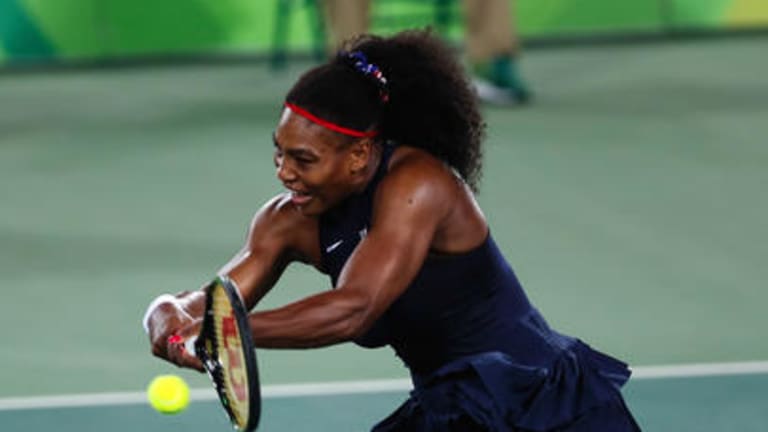A few years ago, Janko Tipsarevic sat across a table at the Miami Masters and said one of the wisest things this reporter has ever heard. Tipsarevic, fellow countryman and good friend of Serbia’s Novak Djokovic, said that his primary goal in most matches was to win his first three or four service games. “Once it gets to be four-all, or 4-5, the pressure can get to anybody,” Tipsarevic said. “Anybody can choke. Even the great players because everybody is human.”
The relevant point as the U.S. Open approaches is that even iconic players can fall victim to pressure. That brings us to Serena Williams and Novak Djokovic, the top singles seeds at the final Grand Slam of the year, who will certainly be feeling a measure of compression in their minds as the tournament unfolds.
This won’t be the kind of pressure than can be wiped away with a clutch service return winner, or an ace down the T at 30-40. It will be a more general, unfocused kind of pressure, and one that both of them will have every right to resent and may even deny feeling.
